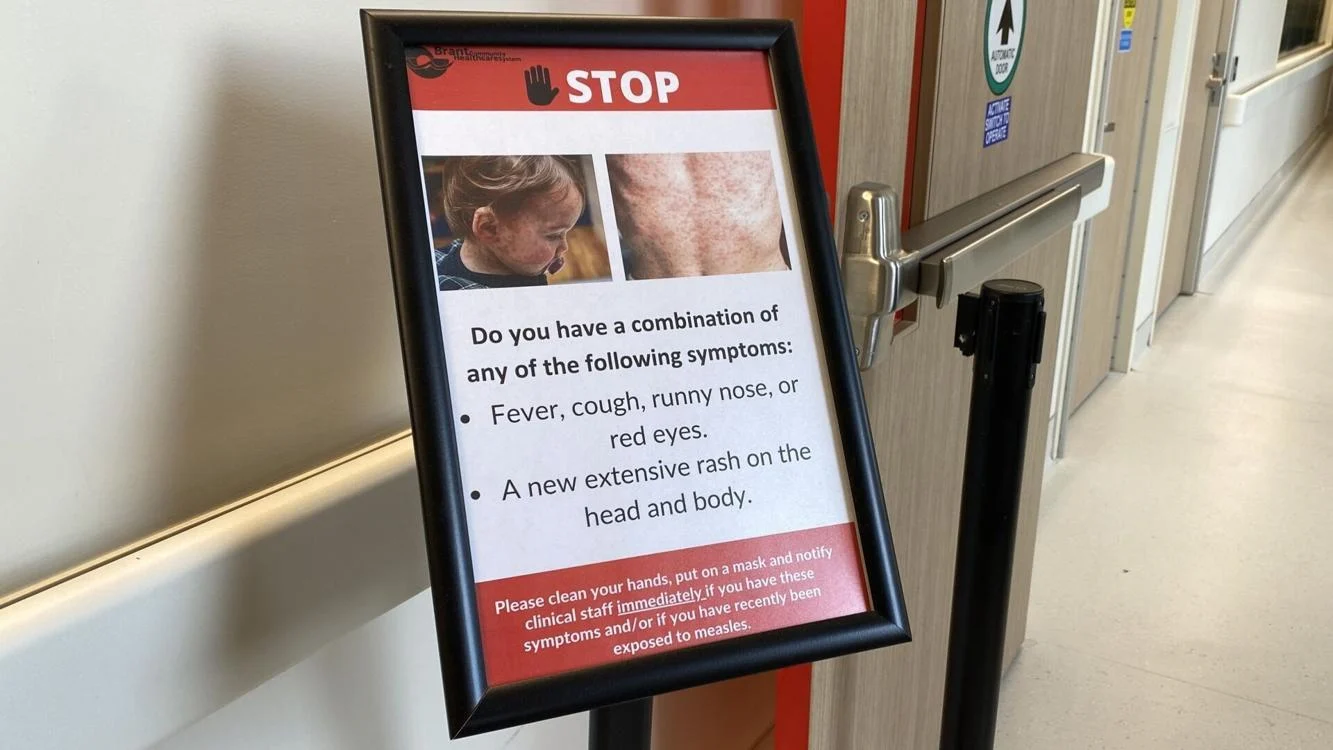Toronto— Canada has officially lost its measles elimination status after more than a year of ongoing transmission, marking the first time since 1998 that the country has been declared no longer measles-free.
The Pan American Health Organization (PAHO), the regional office of the World Health Organization (WHO) for the Americas, formally notified the Public Health Agency of Canada (PHAC) that the country’s measles elimination status has been revoked. The decision follows a year-long, multi-provincial outbreak that has infected over 5,000 people across nine provinces and one northern territory.
Canada’s outbreak began in October 2024, with confirmed cases spreading in Alberta, British Columbia, Manitoba, New Brunswick, Nova Scotia, Ontario, Prince Edward Island, Quebec, Saskatchewan, and the Northwest Territories. While federal health officials note that the pace of transmission has slowed in recent months, sustained outbreaks within undervaccinated communities have prevented the country from meeting the WHO’s 12-month elimination threshold.
“The measles vaccine is the best way to protect you and your family,” PHAC said in a statement. “By staying vigilant and working together to increase coverage, we can prevent outbreaks and keep our communities safe.”
Experts warn that measles, one of the most contagious viruses known to humans, can spread rapidly in communities with declining vaccination rates — a trend that has worsened globally since the COVID-19 pandemic. Dr. Dawn Bowdish, professor of medicine at McMaster University, emphasized that vaccination remains the only long-term solution. “It was the only way we got rid of it the first time,” she said, “and it’s the only way we’ll regain our measles-free status.”
According to PHAC, Canada can regain elimination status once transmission of the current measles strain is halted for at least 12 consecutive months. To reach that goal, the agency plans to strengthen surveillance, vaccination outreach, data sharing, and community engagement with the support of federal, provincial, and territorial partners.
Although the loss of elimination status poses no immediate danger to Canadians, public health experts say it carries symbolic and reputational consequences for a country long regarded as a leader in immunization. The WHO has also noted that foreign governments may issue travel advisories cautioning visitors about potential exposure risks in Canada.
As of October 25, 2025, Canada had recorded 5,067 confirmed or probable measles cases, placing it among the world’s ten worst-affected nations alongside India, Nigeria, Pakistan, and Indonesia, according to WHO surveillance data.
Health officials nationwide are now urging Canadians to check their vaccination records and ensure they are fully immunized against measles, warning that sustained vaccine hesitancy could jeopardize progress made over decades.

